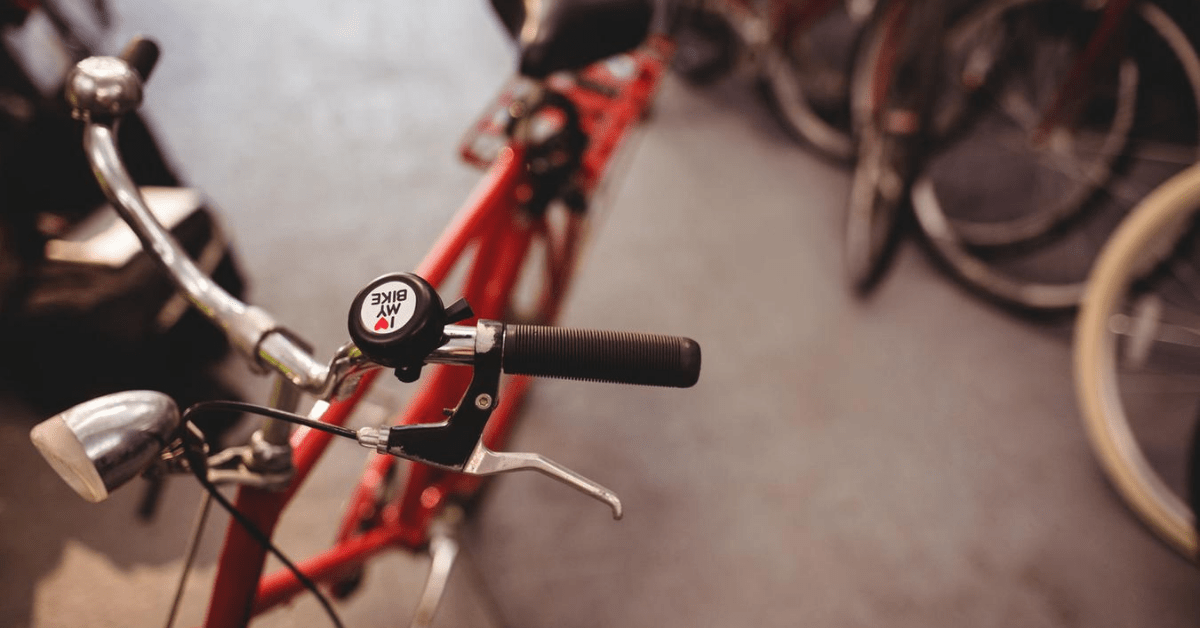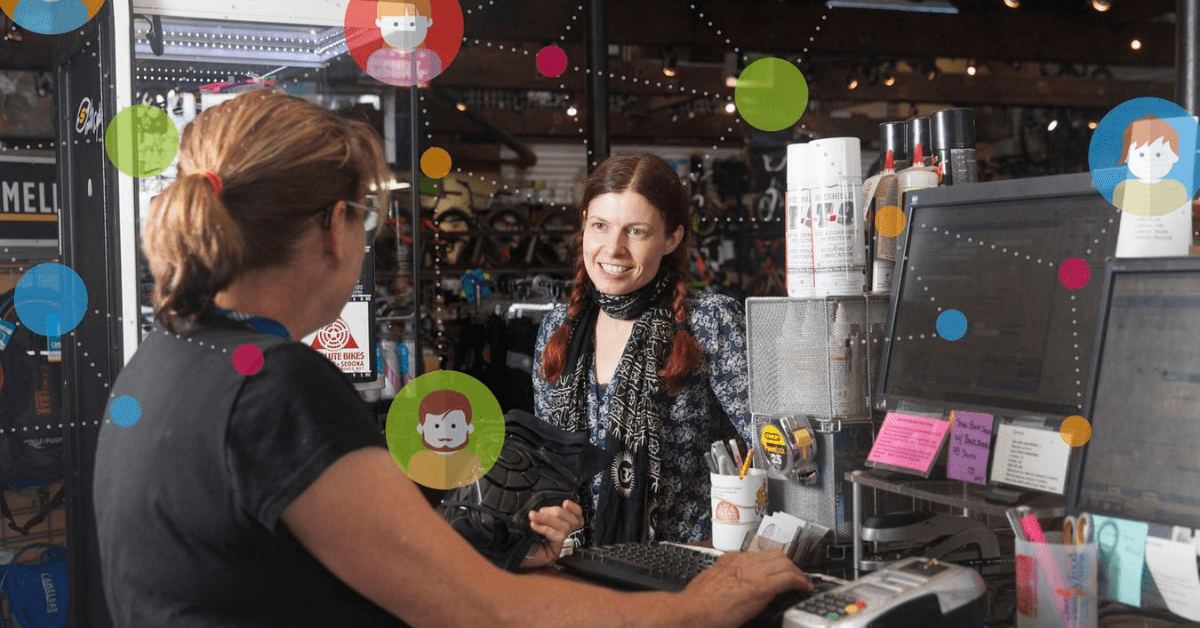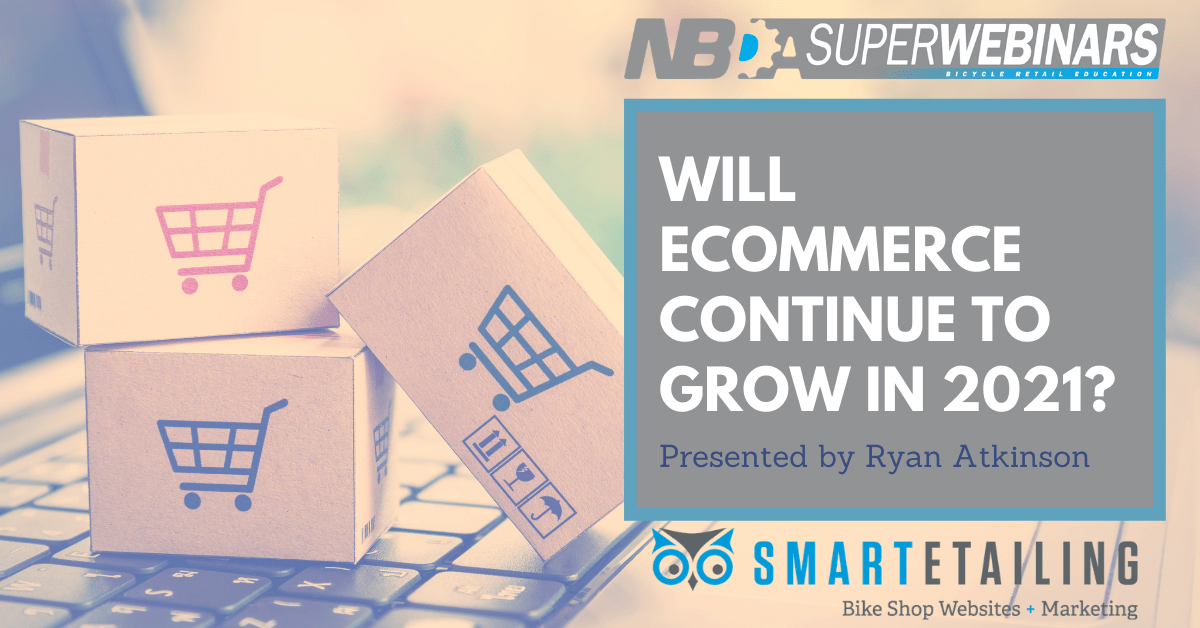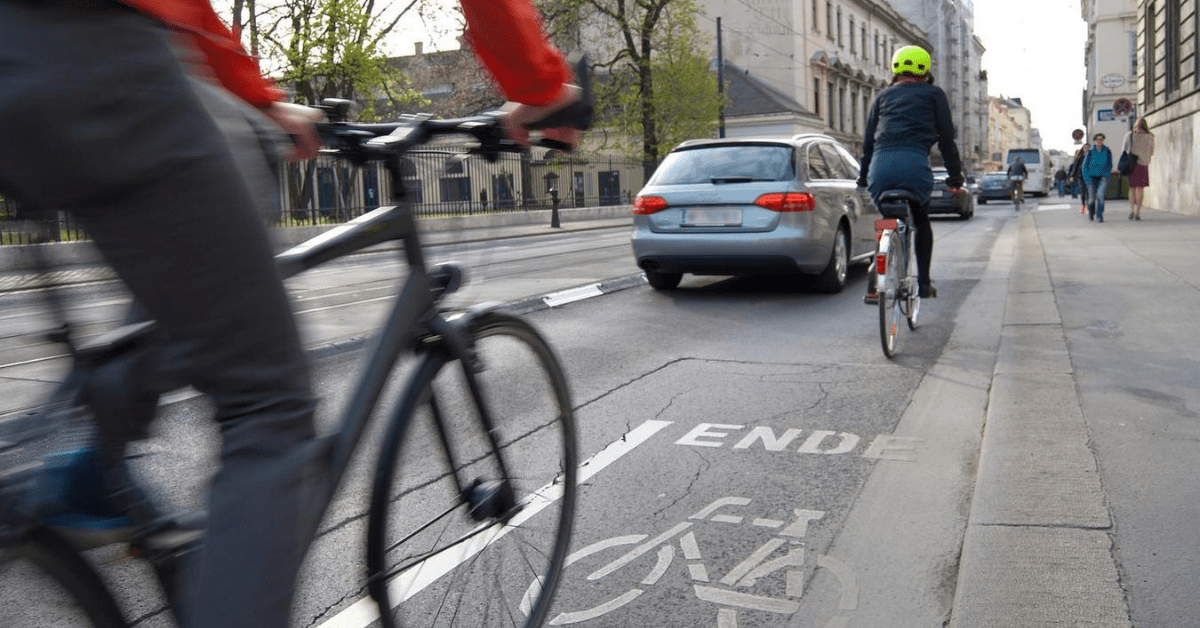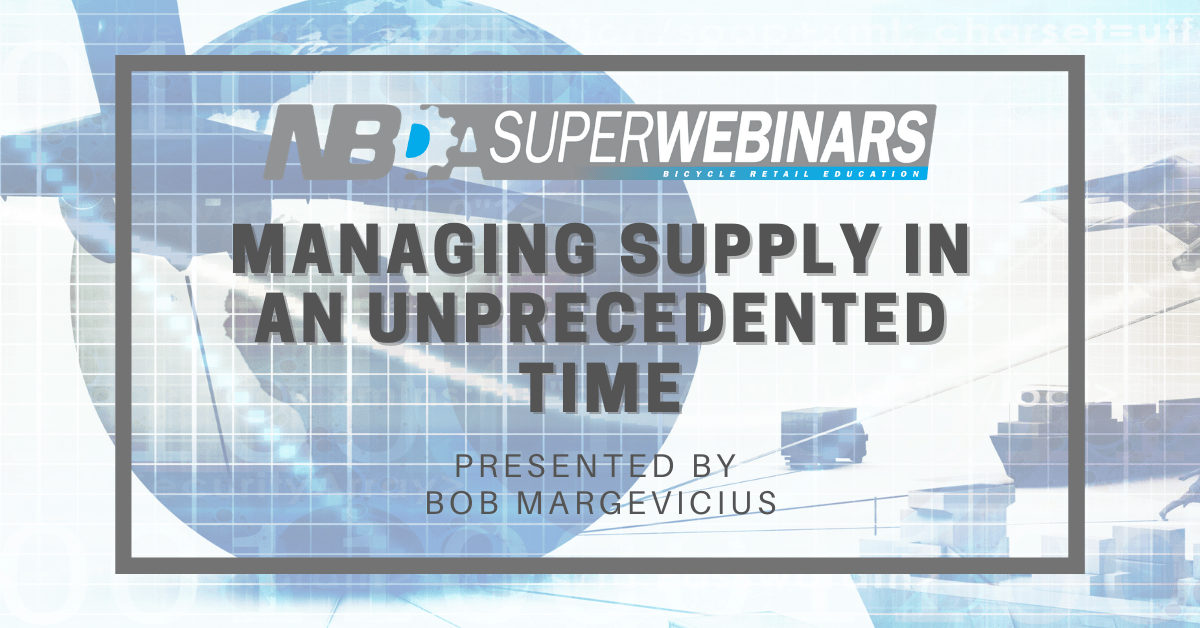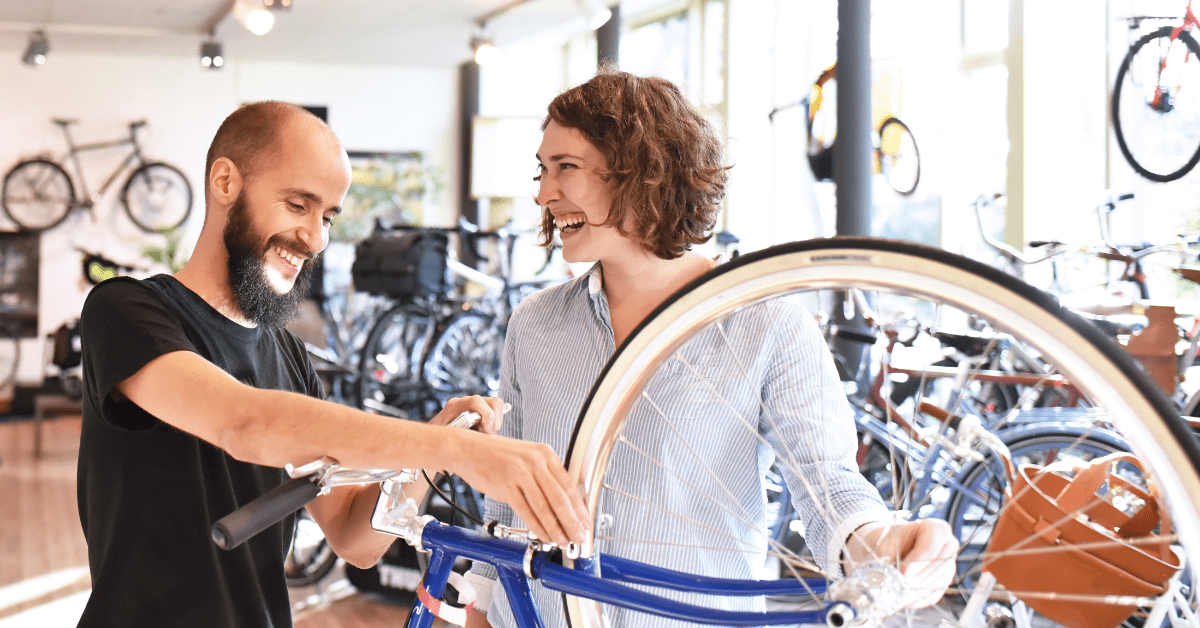A Tale of Two Bike Shops
Just because the internet (and Lance) disrupted bike retail, doesn’t mean you can’t adapt
Words by Marcus Speed
Like most cyclists, I have a local bike shop that I visit whenever I can. I know the owner and the mechanics, and I shudder to think how much money I’ve spent there over the years. I also have another “local” bike shop. I like to think of it as my backup bike shop—it’s not always my first choice, but it’s open longer hours than my preferred shop, and stocks a larger range of products just because it’s a much bigger store.
Two bike shops, same suburb, essentially the same target market, yet one is busy all day every day, and the other one has figurative tumbleweeds rolling down the aisles most of the time. The difference? Here’s my theory.
Two things have changed the entire bike industry in the past 15 years or so—online shopping and Lance Armstrong. Love him, loathe him, or pretend to be indifferent, the fact is that Lance single-handedly dragged cycling from relative obscurity into the mainstream. I know, I know—cycling has always been massive in Europe and the UK, but in the US, Australia, and Asia, it wasn’t so big. That was until Lance came along, and rode into the limelight with his Livestrong army in close tow. Then everyone wanted a bike, and bike stores started popping up all over the globe.
After Lance stormed the gates of the global market, the Internet, which had been waiting patiently on the sidelines, thrust online shopping onto us. Shortly afterwards, everybody began to realize that the $8,000 Colnago they were riding could be bought online for $4,500, and delivered to their front door in a timely manner, to boot.
Option #1: Stay Calm, Offer Unbeatable Service
Now, back to my two bike shops. The one that appears to be more successful—the smaller of the two—is staffed by guys and girls who are essentially riders or bike mechanics with a little bit of front-of-house training. The service is not fast, but it’s thorough. Drop your bike off, explain precisely what you want done, and in four or five days the bike will be ready, and likely better than new.
How do they handle the faceless threat of online sales? Paul McInerney, the owner at Lygon Cycles, was quite forthright about his approach: “Of course, buyers will compare prices. What we have decided to do is to provide unbeatable service, and not get caught up in price wars. Some consumables such as tires and tubes don’t come under too much scrutiny, but stuff like GPS units and groupsets can be bought so much cheaper online that we just don’t stress about competing. Instead, we’re fine with it if you bring in parts you bought online and want us to fit them; we’ll do the best job we can, same as always.”
“That way I don’t spend buckets of money on stock I can’t sell, anyway. I stock what I know will sell, and the rest is all about service and customer retention. It’s a complete turnaround from a decade ago, when there were decent margins on everything and our typical customer wasn’t very well informed.”
“Customers don’t owe us anything,” Paul recognizes. “We’ve found that, most of the time, if we provide really good service, then they’ll come back.”
Option #2: Fail
Back at the bigger store, the staff are more salespeople than riders, and the service they offer is fast, but not exactly thorough. They do offer a pretty good range of bikes, but adamantly refuse to fit products bought elsewhere. This store is in a cycling no-man’s-land.
They don’t rely mainly on their workshop to make money (like Paul’s shop), nor are they exclusive and boutique in nature, nor are they big enough to churn out huge numbers of units like some of the gigantic stores that are, essentially, warehouses for online shopping, anyway. Those three approaches—be small and offer awesome service, discover a niche market, or go really big—seem to be the most successful models in the online era, so it’s no surprise this shop is failing miserably.
The Takeaway
So what should we, as specialty bicycle retailers, expect of our customers? Well, we should first recognize that, in terms of where they spend their money, they don’t really owe us anything. So if they’ve come into our store to offer us a chance to match the low price they found elsewhere, or asking that we install something they’ve purchased online, we shouldn’t take offense (not obviously, anyway) or, worse, go on the offensive.
After all, they’ve considered us enough to come in (which, again, they didn’t have to), and that’s our opportunity to prove the value we deliver that goes well beyond price—with our patience, expertise and unmatched service. We can’t expect them pay a lot more for a product, and then not get any service or respect. While most people understand and appreciate margins, the unspoken agreement is usually along the lines of “Sure, I’ll pay a little bit more for this, but in return I expect you to know the product inside-out, and I expect you to steer me in the right direction.” This is where we can carve out a place in today’s competitive market, and win at something other than a race to the bottom.
We all know that the nature of bike shops has changed in recent years, but there’s still a place for them. With a little bit of flexibility and patience, and a positive exchange of information between owners and customers, they can continue to be fun and profitable for everyone.
 This article was first published by BikeRoar, an online resource that helps cyclists #BuyLocal and equips bike shops with online marketing solutions to gain and retain customers.
This article was first published by BikeRoar, an online resource that helps cyclists #BuyLocal and equips bike shops with online marketing solutions to gain and retain customers.
 The NBDA has been here since 1946, representing and empowering specialty bicycle dealers in the United States through education, communications, research, advocacy, member discount programs, and promotional opportunities. As shops are facing never-before-seen circumstances, these resources offer a lifeline. Together, we will weather this. We at the NBDA will not waver in our commitment to serving our members even during this challenging time—but we need your support.
The NBDA has been here since 1946, representing and empowering specialty bicycle dealers in the United States through education, communications, research, advocacy, member discount programs, and promotional opportunities. As shops are facing never-before-seen circumstances, these resources offer a lifeline. Together, we will weather this. We at the NBDA will not waver in our commitment to serving our members even during this challenging time—but we need your support.
Now is the time to become a member as we join together to make one another stronger. Whether you’re a retailer or an industry partner, your membership in the NBDA is one of the best investments you’ll make this year.
Learn more about the benefits of being a member and join now.

